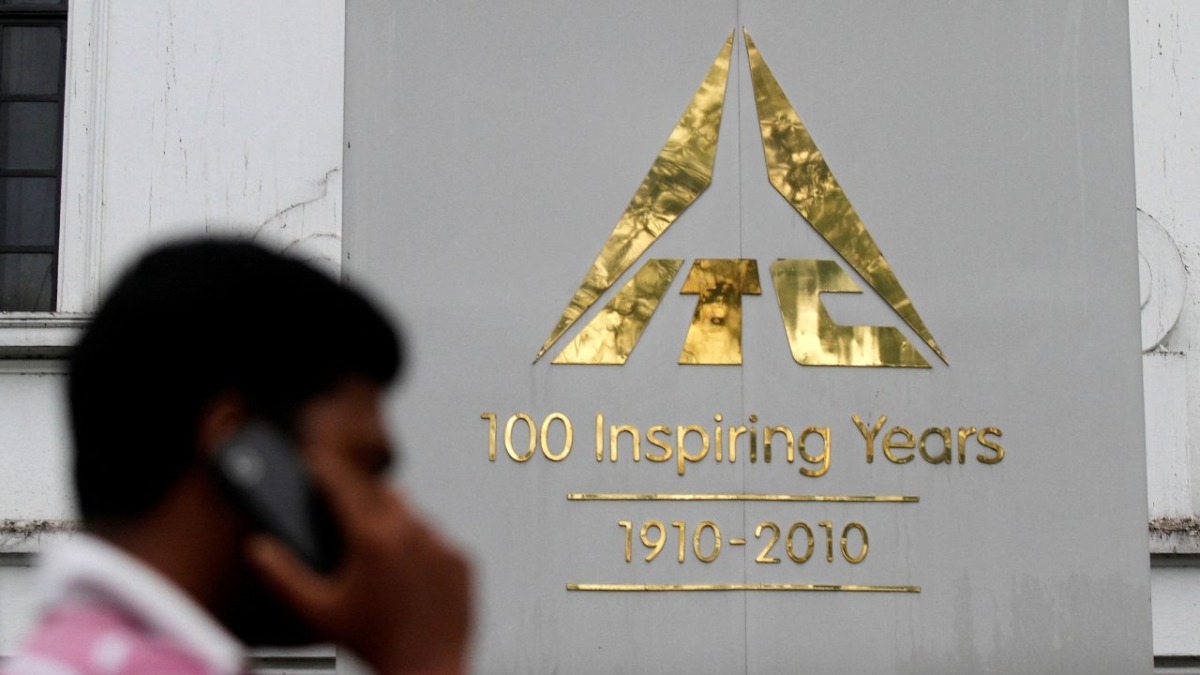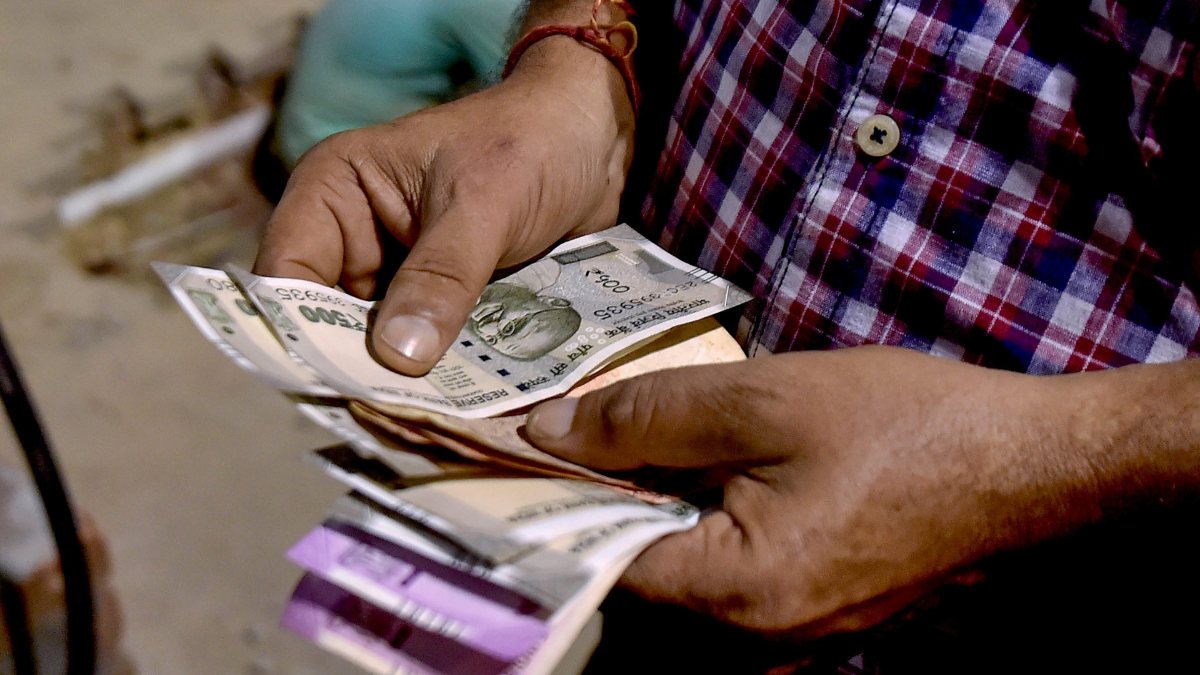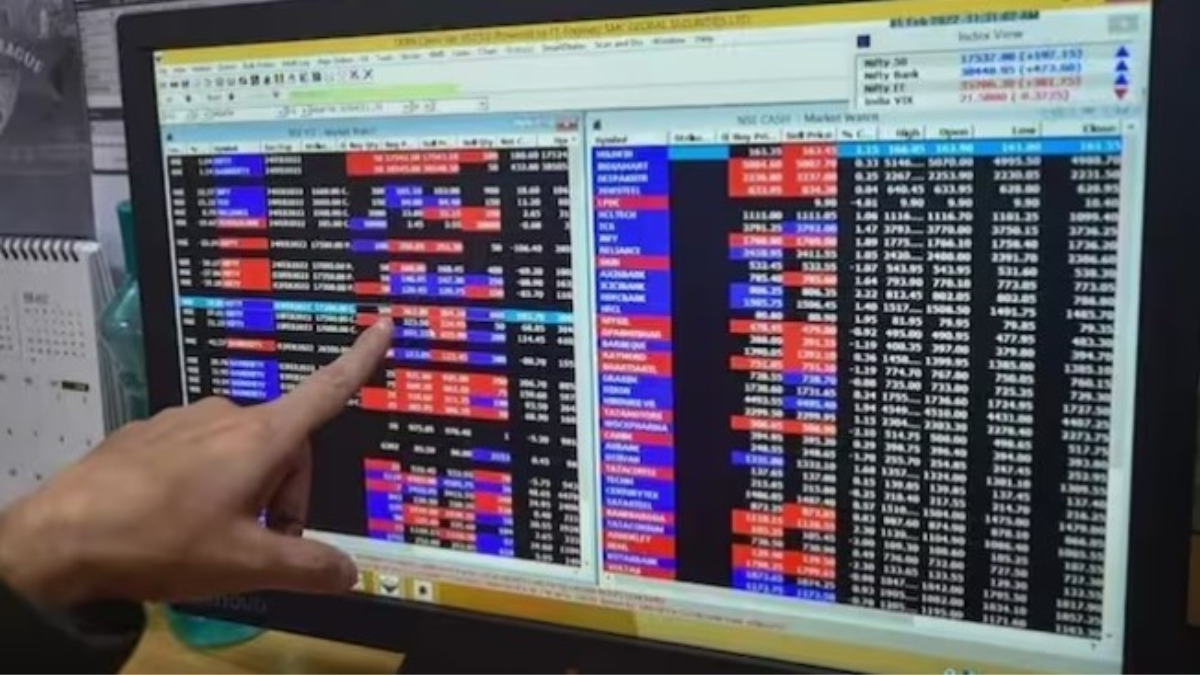By Rahul Sharma
On August 14, 2023, board of diversified conglomerate ITC approved the demerger of the hotels business into ITC Hotels Limited, with an indicative timeline of listing of the new entity in about 15 months. There are a few things that stand out for clarity, demonstrating strategic ITC Chairman Sanjiv Puri’s strategic foresight, while keeping shareholders’ interests as one of the primary edifices of ITC’s medium-term corporate vision. For one, there is now a clock that has been put to the process. An indicative timeline of 15 months, clearly removes anxieties about any ambiguities of when the hotel’s entity hits the bourses.
ITC’s share capital currently is around 1,246 crore shares. Effectively, with a 1:10 share entitlement ratio, ITC Hotels will issue fresh shares aggregating 124.6 crore taking the total share capital of ITC Hotels to about 208 crore shares, an ideal size even when you benchmark with peers such as EIH (125 crore), IHCL (142 crore) and Chalet (205 crore).
Under the demerger arrangement, ITC’s shareholders will continue to retain their full interest in the Hotels unit by owning 60% in the new Company directly and 40% indirectly through ITC. It would be fair to assume a market capitalisation of around Rs 18,000 to 20,000 crore based on market benchmarks, translating into a per share price range of Rs 86-Rs 96.
The operating margins of the hotels business was 35 per cent the last quarter of 2022-23, and 32 per cent during 2022-23, similar to margins of Indian Hotels Ltd, mirroring the potential benchmark price for the ITC hotels’ business’s share price as and when it is listed as a standalone company on stock markets.
The current margins in the hotels business is nearly 10 percentage points above the levels of 23-24 per cent it had reported in 2019-20, the immediate year preceding the pandemic. In the past 20 years, the hotels business has been scaled up. At the end of FY23, it had over 11,600 rooms, 160 per cent higher than the 4,472 rooms it had in FY03. The revenue from the hotels business division has surged manifold—from Rs 349 crore in FY03 to Rs 2,689 crore in FY23.
According to Jefferies, Earnings Before Income Tax Depreciation and Amortization (EBITDA) of ITC has increased almost eight times in FY23 as compared to the last financial year. EBITDA has grown at a CAGR of 23 percent between FY18 and FY23, to about Rs 800 crore.
This showcases the robustness of ITC’s hotels business, buttressing the Rs86-96 per share price range. In contrast, a 1:1 ratio, the share capital of the new entity would have been highly ballooned, resulting in a per share price range of about Rs 9-10, making ait a penny stock. This would have been sub-optimal, hammering down trading and valuations.
The confluence of favourable factors such as rising societal aspirations, strong macroeconomic fundamentals of the country, government’s thrust on the travel and tourism industry and infrastructure creation along with rapid digitalization present immense opportunities for the hotels business going forward, though distinct from the other businesses of the demerged company.
Separate listing of the hotels business will have the ability to raise capital from equity and debt markets towards funding its growth requirements. It would also attract the right sets of investors, strategic partners and collaborations, whose investment strategies and risk profiles are aligned more sharply with the hospitality industry.
These are important markers to suggest that the market value of ITC plus the market value of the hotels business will be higher in the medium term, reinforcing the “sum of the parts” (SOTP) hypothesis, yielding even better times for the company’s investors. A market capitalisation of Rs 18,000 crore – Rs 20,000 crore would imply a valuation of about 22X of EBIDTA, which is compatible with peer-group markers.
The demerger itself is expected to be a win-win for all. It gives ITC’s Hotels Business the necessary flexibility to chart its own growth curve, raise capital and forge strategic partnerships. ITC’s move to retain 40% stake in Hotels will provide the new entity stability, allowing it to seamlessly leverage ITC’s institutional strengths, strong brand equity and goodwill. The transfer of all operating assets to the new entity will also mean significantly improved ROCE for ITC by approximately 18-20%. ITC shareholders on the other hand would gain from unlocking of value, while getting a focused investment exposure in the booming Hotels sector of the country.
(Rahul Sharma, Head of Research at Equity 99. Views expressed are the author’s own. Please consult your financial advisor before investing.)




